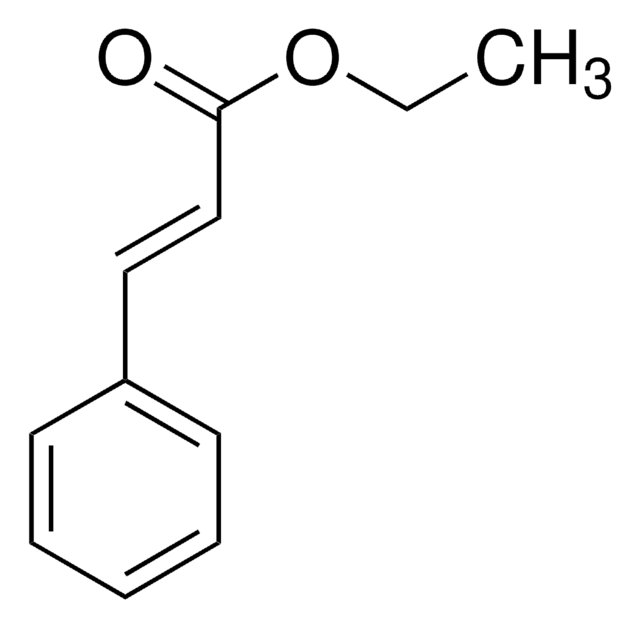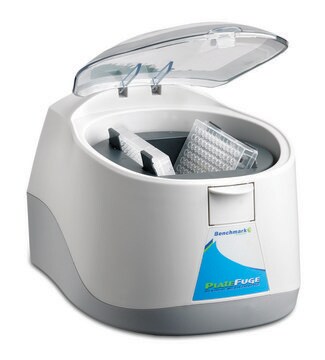About This Item
Recommended Products
Quality Level
Assay
98%
refractive index
n20/D 1.561 (lit.)
bp
298 °C (lit.)
mp
1.5-3.5 °C (lit.)
solubility
H2O: insoluble
acetone: miscible
chloroform: miscible
diethyl ether: miscible
ethanol: miscible
density
1.043 g/mL at 25 °C (lit.)
SMILES string
C(OCc1ccccc1)c2ccccc2
InChI
1S/C14H14O/c1-3-7-13(8-4-1)11-15-12-14-9-5-2-6-10-14/h1-10H,11-12H2
InChI key
MHDVGSVTJDSBDK-UHFFFAOYSA-N
Looking for similar products? Visit Product Comparison Guide
General description
Benzyl ether is a plasticizer for nitrocellulose and a solvent in perfumery.
Application
Signal Word
Warning
Hazard Statements
Precautionary Statements
Hazard Classifications
Aquatic Acute 1 - Aquatic Chronic 1 - Skin Sens. 1B
Storage Class Code
10 - Combustible liquids
WGK
WGK 2
Flash Point(F)
278.6 °F - Pensky-Martens closed cup
Flash Point(C)
137 °C - Pensky-Martens closed cup
Personal Protective Equipment
Choose from one of the most recent versions:
Already Own This Product?
Find documentation for the products that you have recently purchased in the Document Library.
Customers Also Viewed
Articles
Magnetic nanoparticles have attracted tremendous attention due to their novel properties and their potential applications in magnetic recording, magnetic energy storage and biomedicine.
Our team of scientists has experience in all areas of research including Life Science, Material Science, Chemical Synthesis, Chromatography, Analytical and many others.
Contact Technical Service










